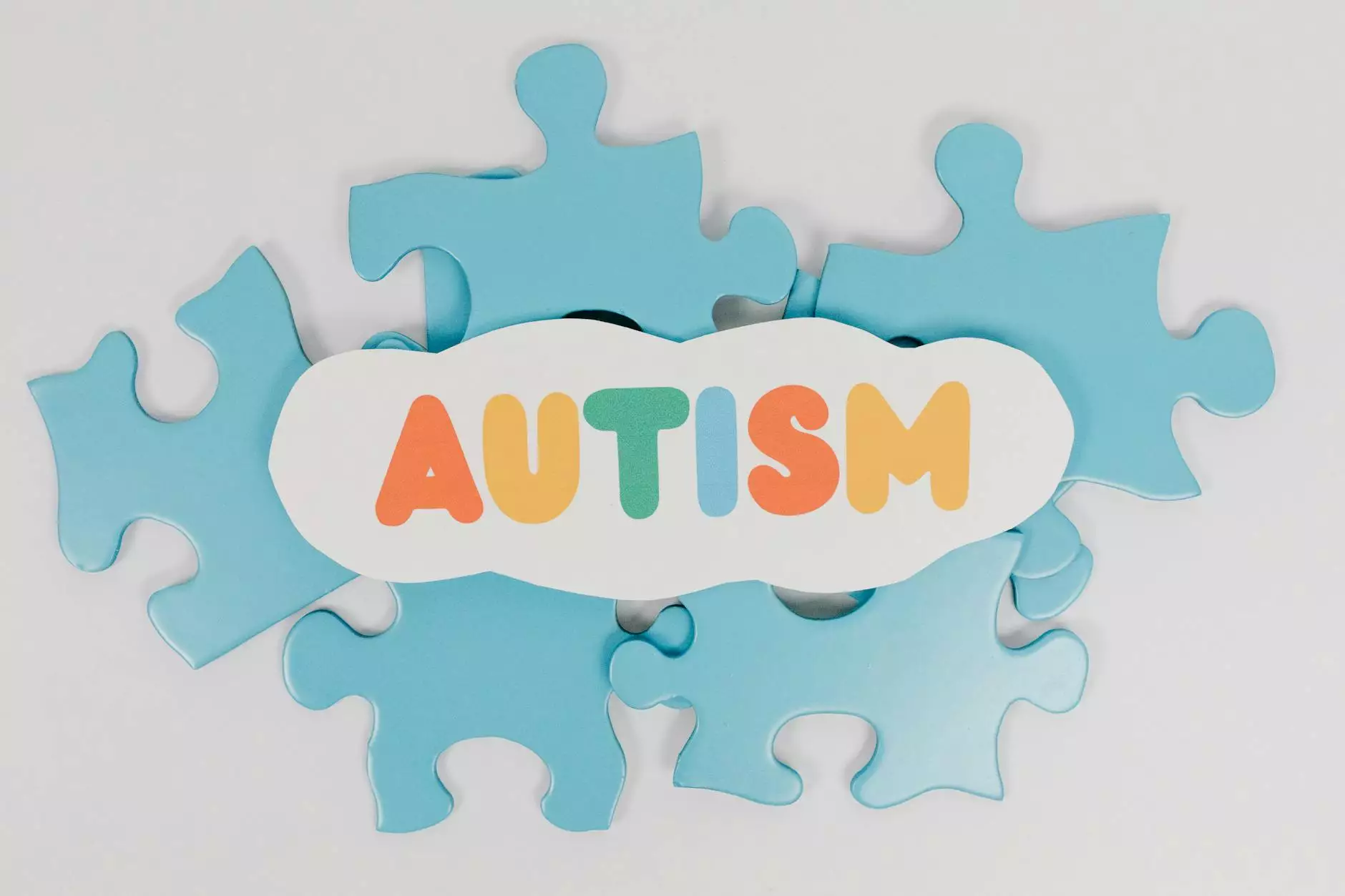5 Common Myths about Autism Spectrum Disorder (ASD)
Health
Myth 1: Autism is caused by bad parenting
One of the most prevalent myths about Autism Spectrum Disorder (ASD) is that it is caused by bad parenting. This misconception has caused deep-rooted misunderstandings and stigmatization of parents with children on the autism spectrum.
However, extensive research has shown that autism is a neurodevelopmental disorder with a complex interplay of genetic, environmental, and biological factors. Parenting style and behavior have no causal relationship with ASD. It is crucial to dispel this myth and promote understanding and empathy towards families who have children with autism.
Myth 2: Individuals with autism lack intelligence
Another common myth is that individuals with autism lack intelligence. This generalization ignores the wide range of abilities and talents that individuals on the autism spectrum possess. People with ASD have diverse cognitive profiles, and while some may face challenges in certain areas, many individuals with autism display exceptional skills in various domains.
It is essential to recognize and appreciate the unique strengths and potential of individuals on the autism spectrum, as they often have a different way of processing information and navigating the world. Intelligence cannot be accurately measured solely based on neurotypical standards.
Myth 3: Autism can be cured
Contrary to popular belief, autism is not something that can be "cured" or "outgrown." Autism Spectrum Disorder is a lifelong condition characterized by differences in social communication, sensory processing, and behavior. While early intervention and various therapies can help individuals with ASD develop essential skills and enhance their quality of life, autism remains a fundamental aspect of a person's identity.
Society should focus on creating inclusive environments that respect and accommodate the diverse needs of individuals on the autism spectrum, rather than seeking a cure or normalization.
Myth 4: Autism is solely a childhood disorder
Autism is often associated with childhood, leading to the misconception that it only affects young individuals. However, autism is a lifelong condition that can continue into adulthood. While the presentation of ASD may change over time, the challenges and unique characteristics associated with autism persist.
Recognizing and accommodating the needs of adults with autism is crucial for promoting a more inclusive society. Providing appropriate support and opportunities for individuals with autism throughout their lives can lead to improved outcomes and increased independence.
Myth 5: Autistic individuals lack empathy
There is a misconception that individuals with autism lack empathy or the ability to understand and share the feelings of others. This myth stems from difficulties individuals on the autism spectrum may have in expressing empathy in conventional ways.
However, recent research suggests that individuals with autism may experience empathy differently, rather than lacking it entirely. While they may struggle with recognizing nonverbal cues or expressing emotions in the typical manner, many individuals with autism demonstrate deep empathy in their own unique ways.
Conclusion
Understanding and debunking myths surrounding Autism Spectrum Disorder (ASD) is crucial for promoting inclusivity, acceptance, and empathy towards individuals on the autism spectrum. By dispelling these misconceptions, we can foster a more supportive society that appreciates the unique strengths and challenges faced by those with ASD.
At Kelley Tim PA-C, we are committed to providing comprehensive care and support for individuals with autism and their families. Our knowledgeable team understands the complexities of ASD and works closely with patients to ensure their well-being and quality of life.




